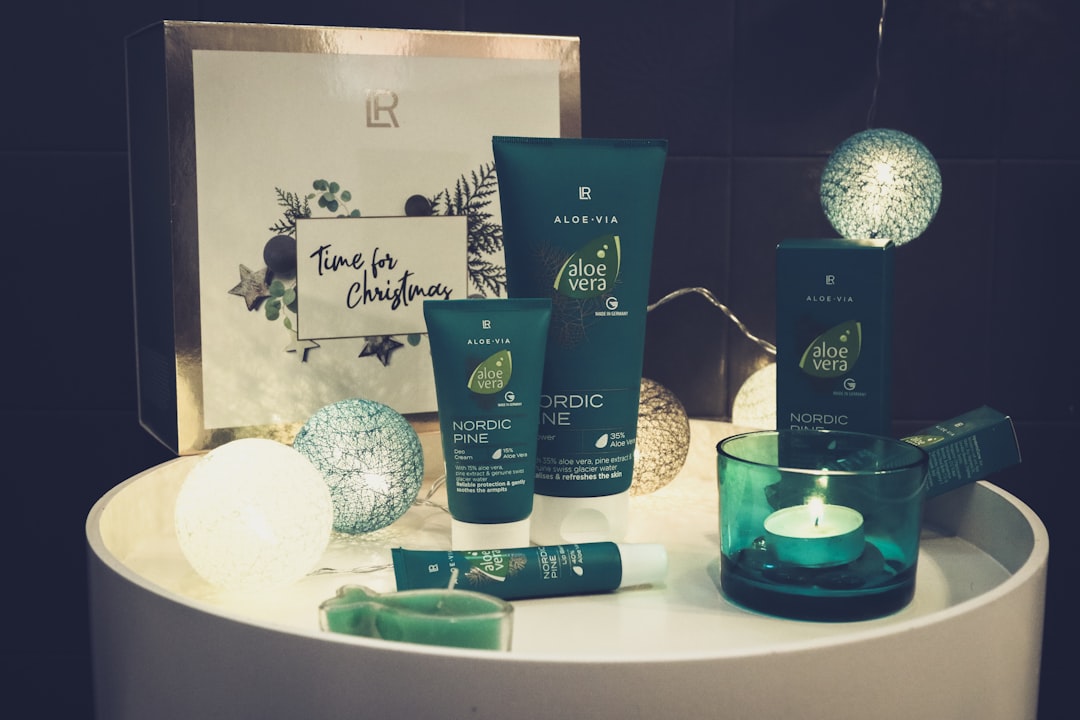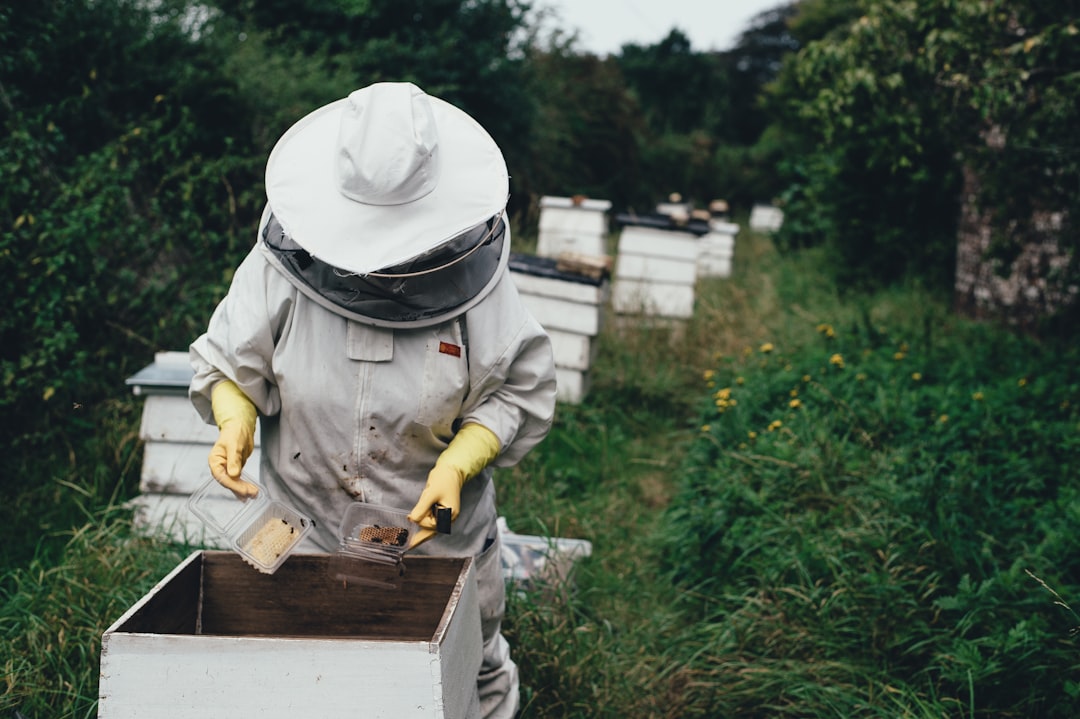Aloe vera and honey are two natural ingredients that have been used for centuries for their skincare benefits. Aloe vera is known for its soothing and hydrating properties, making it an excellent choice for those with sensitive or dry skin. It contains vitamins, minerals, and antioxidants that can help to nourish and protect the skin. Additionally, aloe vera has anti-inflammatory properties that can help to reduce redness and irritation, making it a great option for those with acne-prone skin.
Honey is another natural ingredient that is packed with skincare benefits. It is a natural humectant, which means it helps to draw moisture into the skin, making it an excellent choice for those with dry or dehydrated skin. Honey also has antibacterial properties, making it effective in treating and preventing acne. It is rich in antioxidants, which can help to protect the skin from environmental damage and signs of aging. Both aloe vera and honey are gentle and suitable for all skin types, making them versatile ingredients for a homemade face mask.
Summary
- Aloe vera and honey have numerous benefits for the skin, including moisturising, soothing, and healing properties.
- When choosing aloe vera and honey for your face mask, opt for organic, raw, and unprocessed products to ensure maximum effectiveness.
- Different skin types require different DIY face mask recipes, such as adding yogurt for oily skin or avocado for dry skin.
- Apply the face mask in a thin, even layer and remove gently with warm water to avoid irritating the skin.
- Patch testing aloe vera and honey face masks is crucial to avoid potential allergic reactions and skin irritation.
How to Choose the Right Aloe Vera and Honey for Your Face Mask
When choosing aloe vera for your face mask, it is important to opt for pure aloe vera gel or juice. Look for products that are free from added fragrances, colours, and other potentially irritating ingredients. Pure aloe vera will provide the most benefits for your skin and minimise the risk of any adverse reactions. If you have an aloe vera plant at home, you can also use the gel directly from the leaves for a fresh and potent ingredient.
When it comes to honey, it is best to choose raw, unprocessed honey for your face mask. Raw honey has not been heated or processed, so it retains all of its natural enzymes, vitamins, and minerals. This makes it more beneficial for the skin compared to processed honey. Look for organic or locally sourced honey whenever possible to ensure the highest quality. Avoid honey that has been mixed with other ingredients such as sugar or syrups, as these can be harsh on the skin and may not provide the same benefits.
DIY Aloe Vera and Honey Face Mask Recipes for Different Skin Types
For Dry Skin:
– 2 tablespoons of aloe vera gel
– 1 tablespoon of raw honey
– 1 teaspoon of coconut oil
For Oily/Acne-Prone Skin:
– 2 tablespoons of aloe vera gel
– 1 tablespoon of raw honey
– 1 teaspoon of witch hazel
For Sensitive Skin:
– 2 tablespoons of aloe vera gel
– 1 tablespoon of raw honey
– 1 teaspoon of oatmeal
For Dull/Uneven Skin:
– 2 tablespoons of aloe vera gel
– 1 tablespoon of raw honey
– 1 teaspoon of lemon juice
Tips for Applying and Removing Aloe Vera and Honey Face Masks
When applying an aloe vera and honey face mask, start with clean skin. Gently massage the mask onto your face using your fingertips or a clean brush, avoiding the delicate eye area. Allow the mask to sit on your skin for 10-15 minutes to allow the ingredients to work their magic. You may experience a slight tingling sensation, especially if you have sensitive skin, but this should subside quickly.
To remove the mask, use warm water and a soft washcloth to gently wipe away the mixture. Be sure to rinse thoroughly to ensure all traces of the mask are removed from your skin. Follow up with your regular skincare routine, including toner, serum, and moisturiser to lock in the benefits of the mask.
The Importance of Patch Testing Aloe Vera and Honey Face Masks
Before applying any new skincare product or homemade face mask to your entire face, it is crucial to perform a patch test to check for any adverse reactions. To do this, apply a small amount of the aloe vera and honey mixture to a discreet area of your skin, such as behind your ear or on your inner arm. Leave it on for 24 hours and monitor for any signs of irritation, redness, or itching.
If you experience any adverse reactions during the patch test, do not use the face mask on your entire face. It is essential to listen to your skin and avoid any ingredients that may cause irritation or allergic reactions. If the patch test is successful and you do not experience any adverse reactions, you can proceed with using the face mask as directed.
Enhancing Your Aloe Vera and Honey Face Mask with Additional Ingredients
While aloe vera and honey are powerful ingredients on their own, you can enhance their benefits by adding other natural ingredients to your face mask. For example, adding a few drops of tea tree oil can boost the acne-fighting properties of the mask, making it even more effective for those with blemish-prone skin. Alternatively, adding a teaspoon of turmeric can help to brighten the complexion and reduce inflammation.
For those with dry or mature skin, adding a teaspoon of mashed avocado can provide an extra dose of hydration and nourishment. If you have sensitive skin, consider adding a teaspoon of chamomile tea to soothe and calm any redness or irritation. Experiment with different combinations to find the perfect blend that addresses your specific skincare concerns.
Incorporating Aloe Vera and Honey Face Masks into Your Skincare Routine
Incorporating aloe vera and honey face masks into your regular skincare routine can help to improve the overall health and appearance of your skin. Aim to use a face mask 1-2 times per week to reap the full benefits of these natural ingredients. Consider incorporating the face mask into your self-care routine on a designated pamper night to relax and unwind while treating your skin.
In addition to using a face mask, be sure to maintain a consistent skincare routine that includes cleansing, toning, moisturising, and protecting your skin from the sun. Consistency is key when it comes to achieving healthy, glowing skin. Remember that skincare is not one-size-fits-all, so be patient and experiment with different products and ingredients to find what works best for your unique skin type and concerns.
In conclusion, aloe vera and honey are two natural ingredients that offer numerous benefits for the skin. Whether you have dry, oily, sensitive, or dull skin, there is a DIY face mask recipe that can cater to your specific needs. By choosing high-quality aloe vera and honey, patch testing before use, and incorporating these masks into your skincare routine, you can enjoy the many benefits these natural ingredients have to offer. With consistent use and proper care, you can achieve healthy, radiant skin that glows from within.
Transform Your Skin with These Luxurious DIY Aloe Vera and Honey Face Masks is a fantastic way to pamper your skin at home. If you’re interested in exploring more natural skincare remedies, you might also enjoy reading about the benefits of green tea in skincare. Green tea is known for its antioxidant properties and can be a great addition to your skincare routine. Check out this insightful article on The Benefits of Green Tea in Skincare to discover how this ancient ingredient can benefit your skin.
FAQs
What are the benefits of using aloe vera and honey face masks?
Aloe vera and honey face masks are known for their moisturizing, soothing, and healing properties. Aloe vera helps to hydrate the skin, reduce inflammation, and promote healing, while honey is a natural humectant that helps to lock in moisture and has antibacterial properties.
How do you make a DIY aloe vera and honey face mask?
To make a DIY aloe vera and honey face mask, you can mix together 2 tablespoons of aloe vera gel with 1 tablespoon of honey. Apply the mixture to your clean face and leave it on for 15-20 minutes before rinsing it off with warm water.
Can aloe vera and honey face masks help with acne?
Yes, aloe vera and honey face masks can help with acne. Aloe vera has anti-inflammatory and antibacterial properties that can help reduce redness and inflammation associated with acne, while honey’s antibacterial properties can help to fight acne-causing bacteria.
Are there any potential side effects of using aloe vera and honey face masks?
While aloe vera and honey are generally safe for most people, some individuals may be allergic to either ingredient. It’s always best to do a patch test on a small area of skin before applying the mask to your face to check for any adverse reactions.
How often should you use aloe vera and honey face masks?
You can use aloe vera and honey face masks 1-2 times per week for best results. Overuse of any skincare product can potentially irritate the skin, so it’s important to use the mask in moderation.




